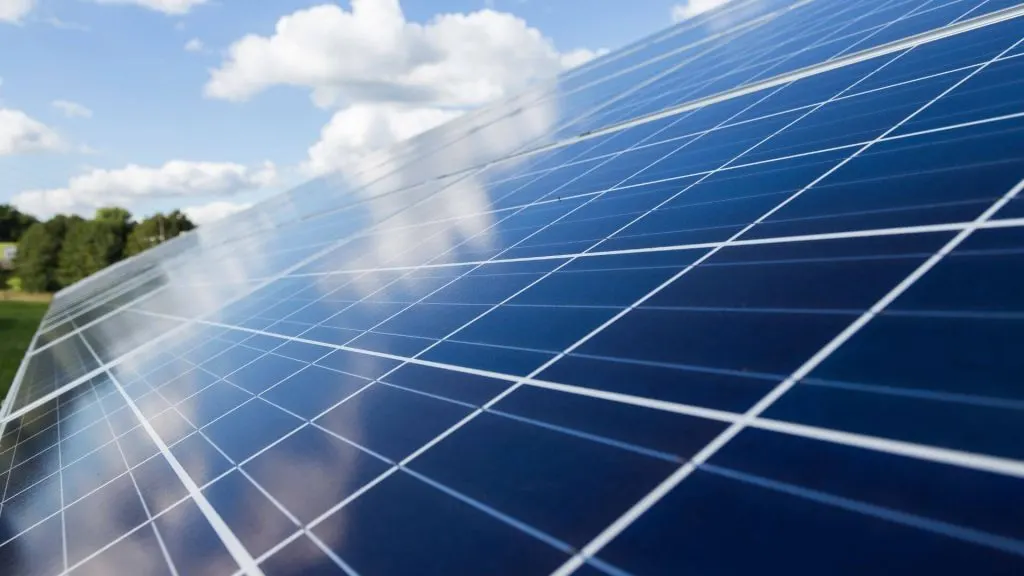Green energy initiatives are fast spreading worldwide, and the US is heavily investing in them. Solar farms refer to photovoltaic solar panels that convert the sun’s energy into electricity and send that to power grids for end users’ consumption. Solar development companies play a crucial role in facilitating these projects, working closely with landowners to bring these initiatives to life. Solar farms can also be called photovoltaic power stations or solar parks, commonly installed on the ground. These can be of any size and shape. Landowners can delve into energy projects like these to earn from their land. Typically, lands are leased for these development projects for a long time. You may get a steady annual payment, which can increase with inflation.

If you explore solar farm opportunities, get help from a solar land agent. They will explain every part of these partnerships and connect you with the right energy company. The success of a solar farm project depends on three phases: planning, construction, and maintenance. As a landowner, you may have concerns about your involvement in the project and its potential impact on your farm operations. Let’s delve into the details to address these concerns.
Planning
The landman will need information about your land and how much you can lease for the solar farm. Location will be of importance. The experts will visit the land to check its suitability for the purpose. Suppose it does pass the criteria. In that case, the agent will seek planning permission and lease it. They will connect you with energy companies. Paperwork will be there. After getting all types of consent, the solar farm construction work will begin. You don’t have to think about maintenance. Your landman will talk about it. Energy developers take charge of the planning, building, and upkeep. You will be updated about the project’s progress. You can consult an attorney about the tax and legal implications of solar farming. Look at it as something like estate planning.
Construction
The agent will discuss and negotiate different aspects of solar farming with you. If you follow a specific farming cycle, they can inform the energy company, which can plan construction or negotiate accordingly. They can wait until the harvest season if the crops have grown. Or, you can get compensation for the same. To avoid affecting the neighbors, traffic management and other areas will also be considered. Do you know sheep can graze around the solar farm? If you want to continue doing this, let your agent know. Some landowners think solar farm construction can affect their land’s ground conditions. A good agent can find you a client who can construct things, minimizing damages to the land. They will pursue safe installation processes, keeping the land’s biodiversity intact. Visit Inthequeuellc.com for clarity.
Maintenance and optimization
You can also ask your landman about maintenance. Generally, landowners don’t have to worry about managing grass and hedges. The one who takes land on lease may tackle all this. The site is monitored continuously, with occasional visits occurring half a year or annually. They examine the land, cables, and panels for any challenges.
The solar project partnerships will end or be renewed per the timeline. If the project ends, the company will remove the solar farm and restore the land to its best shape. Panels, frames, cabling, and other things like concrete pads (if used) will be removed, improving your site’s appearance.

Jessi is the creative mind behind The Coffee Mom, a popular blog that combines parenting advice, travel tips, and a love for all things Disney. As a trusted Disney influencer and passionate storyteller, Jessi’s authentic insights and relatable content resonate with readers worldwide.
